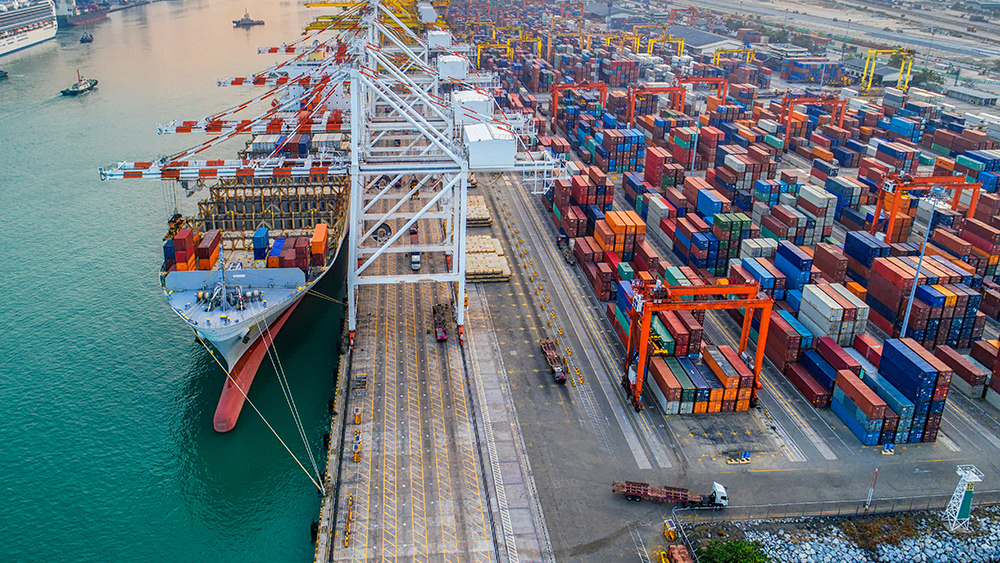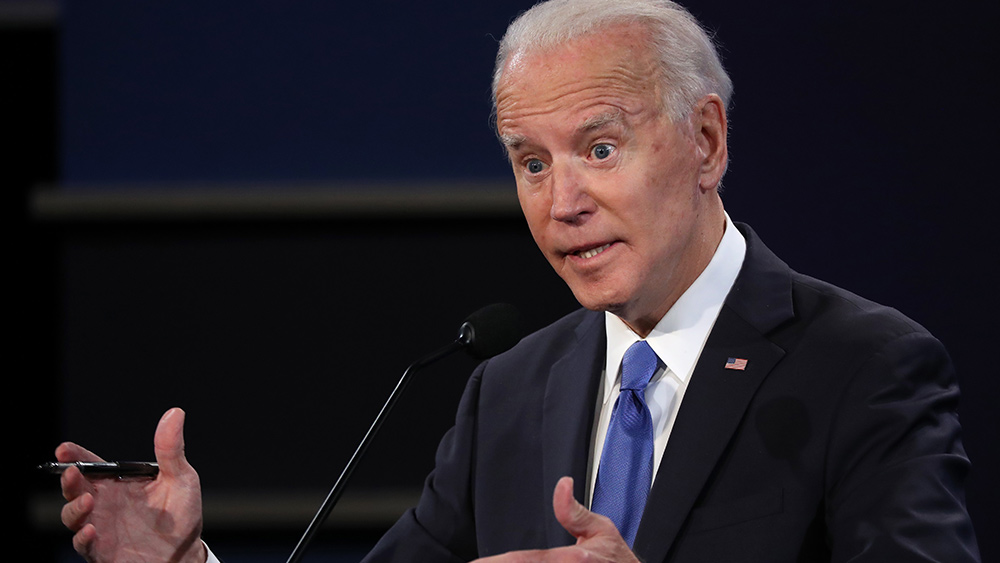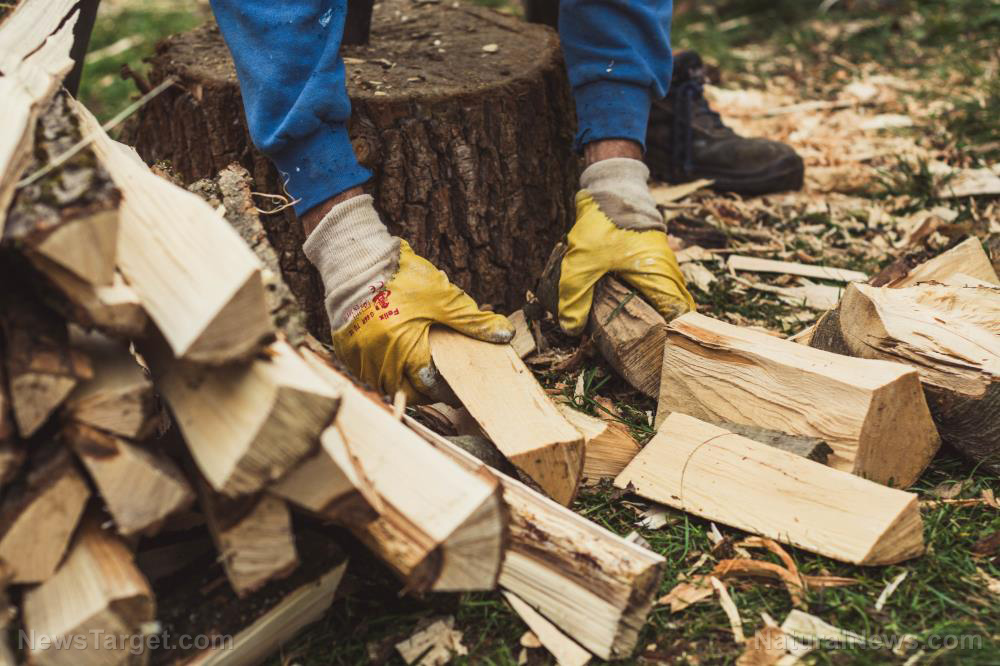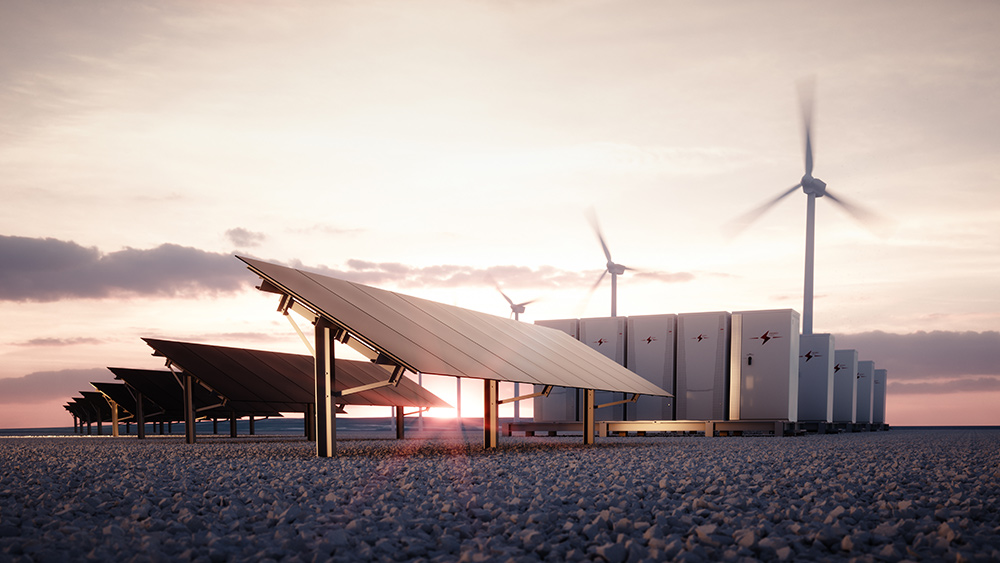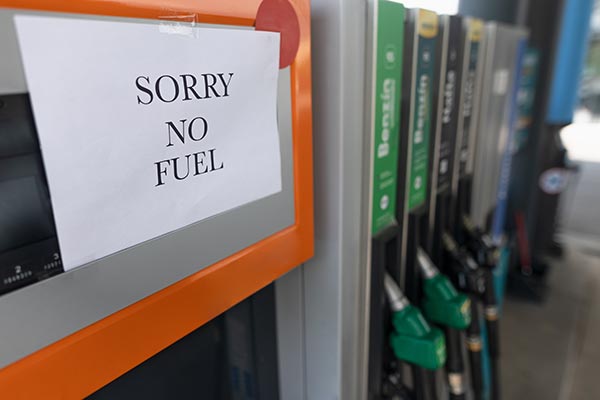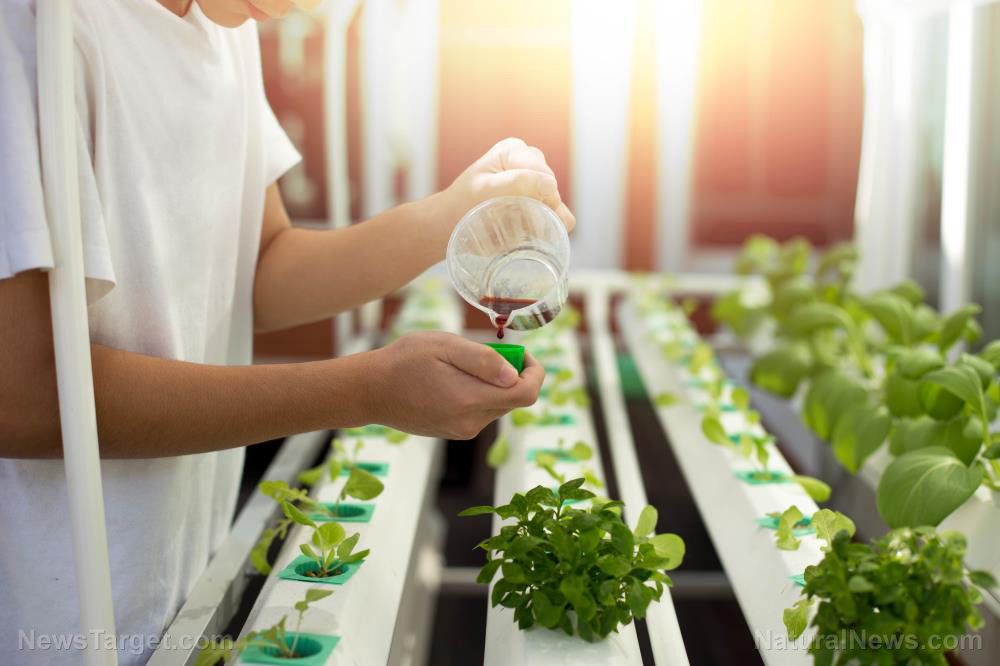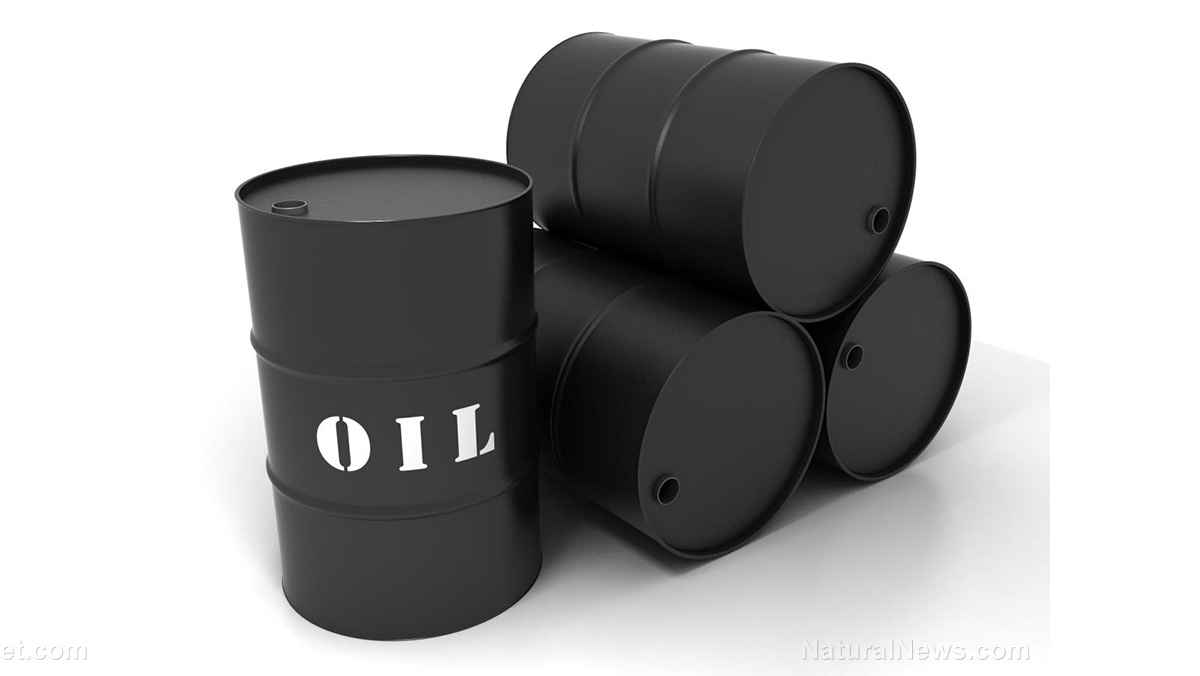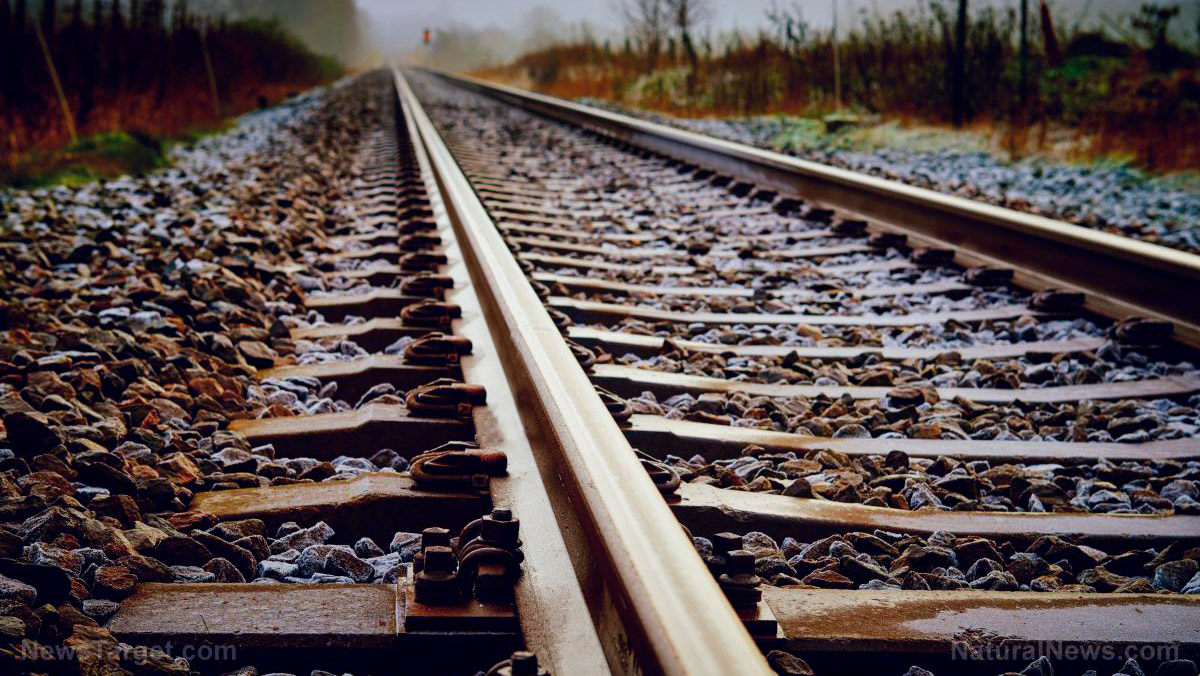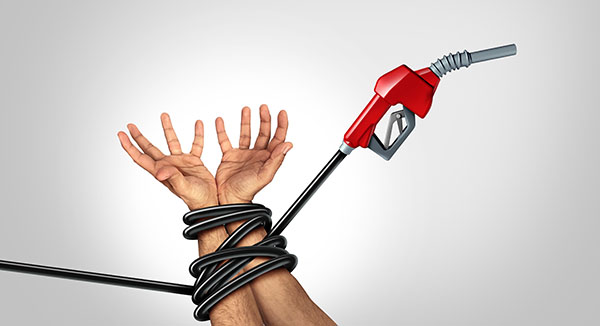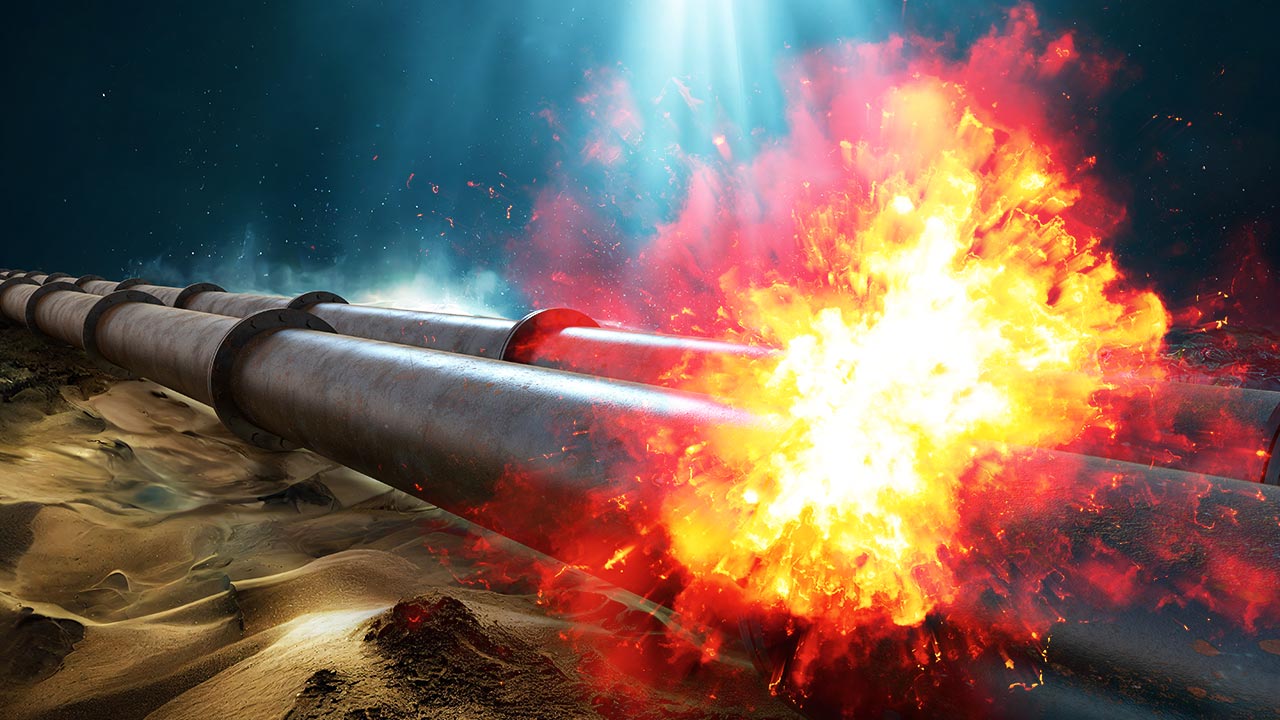Global food, commodities supply chain crisis set to explode as falling river levels crush barge traffic in US
10/18/2022 / By JD Heyes
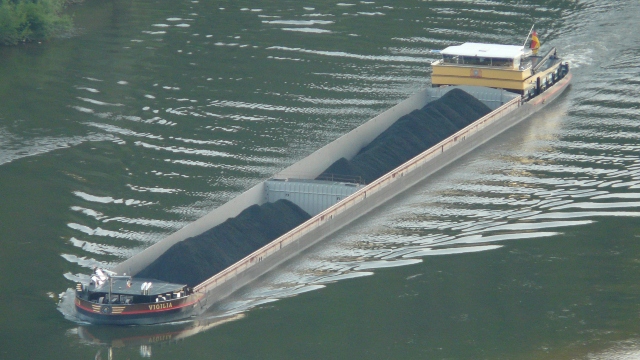
Most Americans don’t know that a huge amount of the goods and commodities used to produce the things they need travel via barge along the Mississippi River, but it’s true.
For instance, according to FreightWaves executive director Rachel Premack, barge industry is “crucial for moving aluminum, petroleum, fertilizer and coal, particularly on the Mississippi River and its tributaries,” she noted in a column at the transportation industry website last week.
In all, “About 60% of the grain and 54% of the soybeans for U.S. export are moved via the noble barge. Barges touch more than a third of our exported coal as well,” she wrote.
But the Mississippi River has fallen to its lowest level in a decade, and as such, the barge industry is now on the brink of yet another supply-chain-related crisis.
Needless to say, while it’s never a good time to have a transportation crisis, now is especially bad timing for barges to be ‘grounded,’ so to speak. That’s because, as Premack notes, it is harvest season for America’s farmers, and they are needing to move their crops to processing plants and to various other markets. Besides a severe reduction in barge traffic, there are ongoing labor problems in the rail industry, and as such, that backup system is also in jeopardy.
“Halted or slowed barge traffic is worrisome for the world at large too. American exports of coal are key right now as Europe faces a massive energy crisis heading into winter,” Premack wrote. “Any snags threaten to disrupt trade at a time when coal demand is soaring as Europe weathers an energy crisis exacerbated by Russia’s war in Ukraine,” Bloomberg News added on Oct. 6.
Grain and soybean exports right now are of particular importance because the world is facing shortages of those commodities thanks to the war in Ukraine; both Russia and Ukraine are major producers of both of those agricultural products, as well as fertilizer.
“We’re taking a huge capacity hit,” noted Sandor Toth, president of barge market intelligence firm Criton Corp.
Premack adds:
Low water levels and dredging shuttered barge traffic heading north and south on the Mississippi last week. At one point, more than 100 towboats and 2,000 barges were stuck waiting. The blocked-off section of the river, between Louisiana and Mississippi, reopened Monday. Traffic is limited to one way, according to Petty Officer Jose Hernandez of the U.S. Coast Guard.
That’s certainly better than zero-way traffic, but the Mississippi is still expected to become even more parched. Lisa Parker, a representative of the U.S. Army Corps of Engineers, told FreightWaves that drier conditions are expected over the next several weeks. The river is slurping up water reserves right now, Parker added, but those reserves will eventually run out.
“The bottom line is we need rain,” Parker noted pointedly.
But that’s not all of the bad news. The drop-off in available barge traffic is so profound that barge shipping rates have skyrocketed more than 200 percent — and those price increases, naturally, are going to be passed on to consumers who have already been stung badly by sustained high inflation under Joe Biden and majority Democrats. In less than two years, their policies have led to record-high increases in food, fuel, housing and building material prices. And that’s not going to change; core inflation was at 8.2 percent in September, after running above eight percent all summer.
“According to the U.S. Department of Agriculture, the cost of moving grain via barge from St. Louis was 218% higher year over year during the week of Oct. 4. Shipments from Cincinnati and Louisville, Kentucky, popped by 196% over the same time period,” Premack wrote.
Our country is in crisis, and the current crop of ruling Democrats has no answers. This is another transportation crisis — where is Transportation Secretary Pete Buttigieg?
Sources include:
Submit a correction >>
Tagged Under:
agriculture, barge traffic, climate, collapse, crops, environment, food collapse, food crisis, food supply, inflation, Mississippi River, price hikes, shortages, supply chain, transportation crisis, water levels, weather terrorism, world agriculture
This article may contain statements that reflect the opinion of the author
RECENT NEWS & ARTICLES
SupplyChainWarning.com is a fact-based public education website published by SupplyChainWarning.com Features, LLC.
All content copyright © 2021 by SupplyChainWarning.com Features, LLC.
Contact Us with Tips or Corrections
All trademarks, registered trademarks and servicemarks mentioned on this site are the property of their respective owners.




